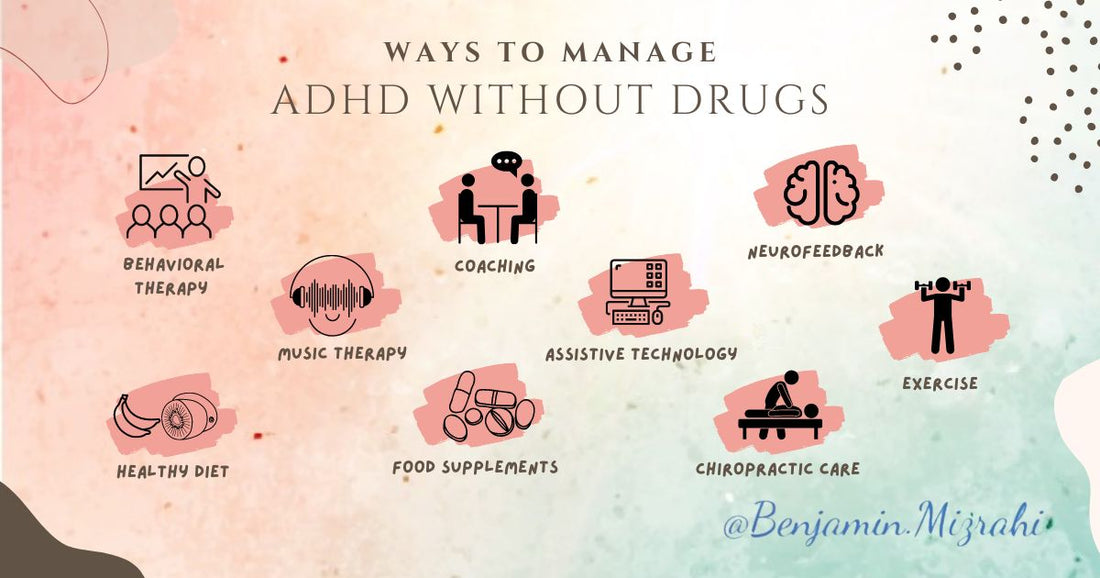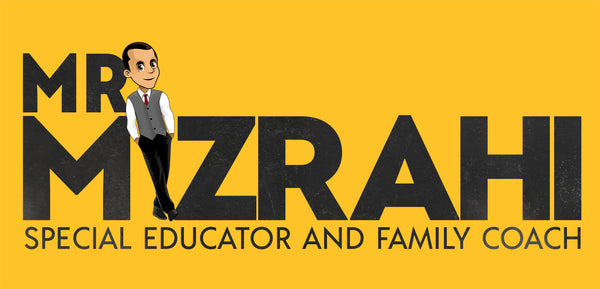
NON-DRUG TREATMENTS FOR ADHD
Share
When we think of ADHD treatment, medication often comes to mind first. While medical stimulants are commonly prescribed and can be effective, they aren’t the only option. For many children and families, a non-drug approach—or a combination of approaches—can make a real difference in managing symptoms and building lifelong skills.
Here are some effective alternatives that support focus, self-regulation, and overall well-being:
🌟 Behavioral Therapy – Helps children build coping strategies and develop healthier routines.
🌟 Coaching – ADHD coaches provide structure, accountability, and strategies to manage daily tasks.
🌟 Neurofeedback – Uses brainwave monitoring to improve focus and self-control.
🌟 Music Therapy – Encourages emotional regulation and concentration through rhythm and sound.
🌟 Assistive Technology – Tools like timers, apps, and planners can help students stay organized and on task.
🌟 Exercise – Physical activity increases dopamine and serotonin, improving mood and focus.
🌟 Healthy Diet – Balanced nutrition supports brain function and sustained energy levels.
🌟 Food Supplements – Omega-3s and other supplements may benefit brain health when guided by a professional.
🌟 Chiropractic Care – Some families find symptom relief through body alignment and relaxation techniques.
💡 Every child is unique—what works for one may not work for another. Non-drug treatments aren’t “quick fixes,” but they can be powerful tools in helping children with ADHD thrive in school and at home.
Coach Benjamin Mizrahi. Educator. Learning Specialist. Family Coach. Father. Husband.
More articles on Mr Mizrahi's Blog - Benjamin Mizrahi
